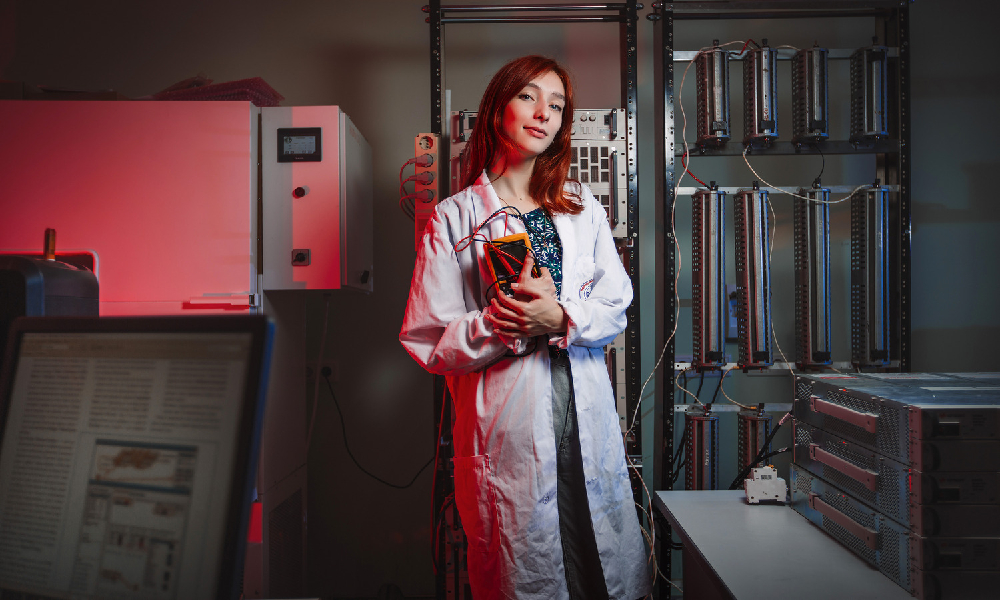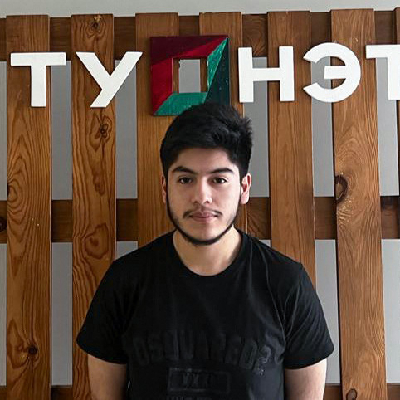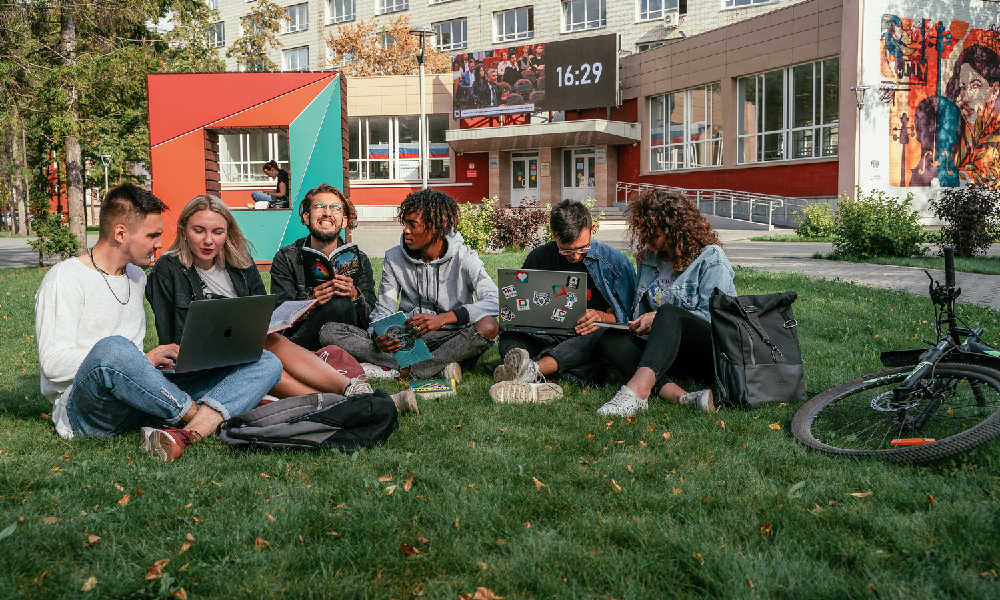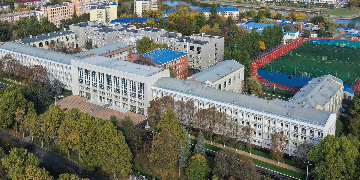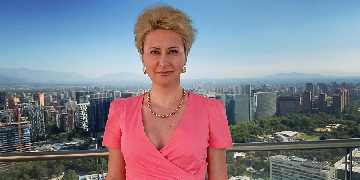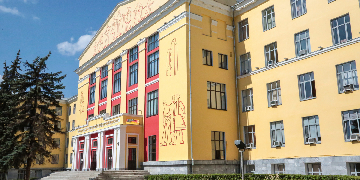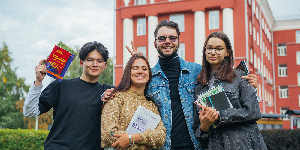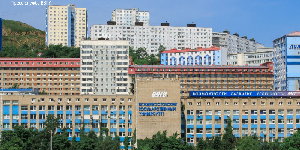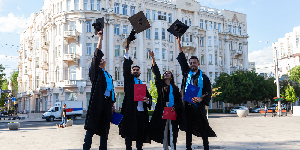130+
study programs in engineering, economics, and humanities
5
study areas for pre-university Russian language course
350
state-funded places for foreign citizens
2,000+
international students from 40 countries
NSTU NETI is one of the major technical universities in Russia. As early as while studying, students can work at promising companies in Russia and all over the world.
NSTU NETI provides training in engineering, economics, and humanities. The university conducts fundamental theoretical and applied research in the field of new materials, electronics, power engineering, and IT.
International researchers and teachers are engaged in conducting classes. Students participate in international network educational programs.
Faculties and institutes
- Faculty of Automation and Computer Engineering
- Aircraft Faculty
- Faculty of Mechanical Engineering and Technologies
- Faculty of Mechatronics and Automation
- Faculty of Applied Mathematics and Computer Science
- Faculty of Radio Engineering and Electronics
- Faculty of Physical Engineering
- Faculty of Power Engineering
- Faculty of Business
- Faculty of Humanities
- Institute of Social Technology
www.nstu.ru | en.nstu.ru
VK – @nstu_vk
Telegram – @nstu_neti
Youtube – @VideoNSTU
Tuition fees per year
Bachelor’s programs 1,400 – 2,550 USD
Master’s programs 1,500 – 2,080 USD
PhD programs 1,780 USD – 2,125 USD
Advantages
- NSTU NETI is one of the leaders in training personnel for Industry 4.0 in such areas as nanotechnologies and neurotechnologies, autonomous transport, aircraft engineering and unmanned aerial vehicles (UAV), quantum computing, additive manufacturing (3D printing), cybersecurity, industrial electronics.
- NSTU NETI is ranked among the Top 10 Russian universities in the Global Employability University Rankings. More than 80% graduates get employed right after graduation.
- Every year NSTU NETI scientists and engineers create around 200 developments in the field of new materials, electronics, power engineering, and IT.
- Education at NSTU NETI is based on the philosophy of project-based learning (learning by doing).
- NSTU NETI cooperates with 92 partner universities from 23 countries.
Applicant guide
- Choose a field of study
- Create Applicant's Personal Account at nstu.ru/entrance/enrollee_account
- Fill in the Application form and sign the personal data processing consent
- Upload your passport and academic credentials with notarized translation into Russian (including the seal translation)
- Pass your entrance exams online
- Sign the enrollment consent if you successfully pass your exams
- Sign the paid educational services agreement
The application process starts on June 20, 2024
Applicant’s Personal Account
Application form
Entrance exams
Those applying for the main educational programs on a fee-paying basis take computer tests.
Those applying to the preparatory department on a fee-paying basis do not take entrance exams.
Participation in the International Olympiad “Engineering Breakthrough: Master’s Degree Squared” can become a competitive edge when applying for Master’s programs funded from federal budget resources.
Center for International Education
+7 383 346-00-73
inter@corp.nstu.ru
Alexandro, Bolivia
My name is Alexandro, I am from Bolivia, I am 19. I study Ballistics and Aerohydrodynamics at NSTU NETI. I came to Russia because I think that it is a very competitive country offering good education and plenty of opportunities.
And I chose Novosibirsk because I think that, though located in Siberia, it is a city with a rich history, and local people are friendly to foreigners. That’s exactly why I chose this place and this university. There are a lot of areas for professional development here. I’d recommend studying at NSTU NETI.
Master’s programs in English
- Electronics and Nanoelectronics: Industrial Electronics and Microprocessor Technology
- Power Engineering and Electrical Technology: Intelligent Electric Power Systems
- Power Engineering and Electrical Technology: Mechatronics and Automation
- Teacher Education: Teaching Foreign Languages in Digital Environments
Learn more about the programs
Preparatory department
The language of instruction at NSTU NETI is Russian.
Study areas:
- Engineering and technology
- Natural sciences
- Economics
- Humanities
- Medicine and biology
Tuition fee is 1,770 USD per year
The course is designed for elementary and beginner students.
To get into the university, you should:
- Fill in the application form at en.nstu.ru/about
- Send the completed application form and required documents to inter@corp.nstu.ru
Tip for learning Russian
Russian is not easy to learn due to its grammar or pronunciation that can be particularly difficult for beginners. To overcome these difficulties, learners are recommended to listen, speak and practice the language with their friends from Russia a lot. Learners can use Internet resources such as language apps, online dictionaries, etc., which can be of particular help in learning Russian grammar. The main thing is to stay patient and persistent.
Adaptation
The Interclub helps international students adapt to the university and city. The Interclub volunteers meet international students, help them check in at the dormitory, and hold events for international students both within the walls of NSTU NETI and outside it.
Student life at NSTU NETI is an unforgettable period full of new impressions, creativity, sports, science and scientific discoveries.
- 18 student associations and organizations
- 10 on-stage performance groups
- 27 sports
Internships and employment
Students pursuing Bachelor’s, Master’s, and PhD programs have the right to work during their studies.
During the academic year, NSTU NETI holds individual and group internships for school students, international experts, PhD students, and Master’s students in online, offline, and hybrid formats in the relevant fields of study in engineering, economics, and humanities, or in the field of the Russian language.
14.12.2023
